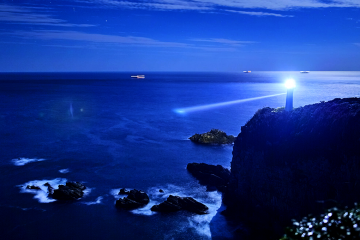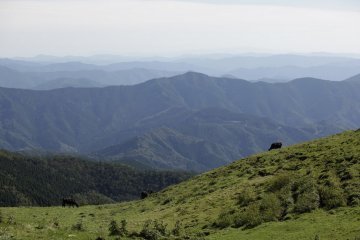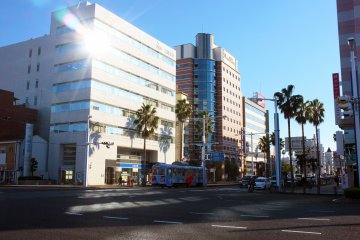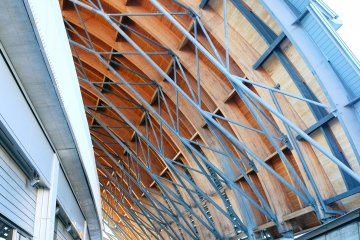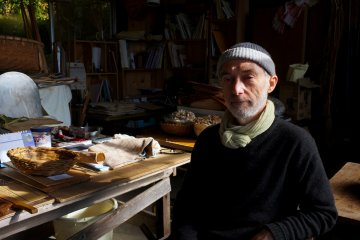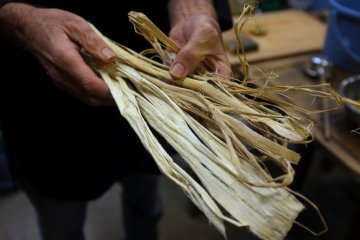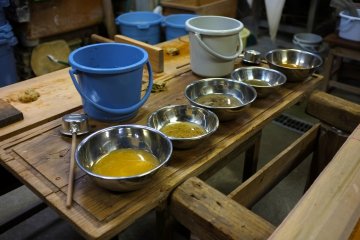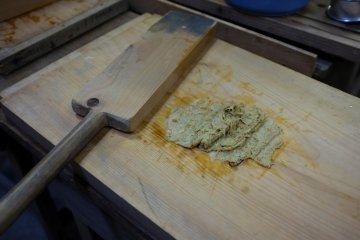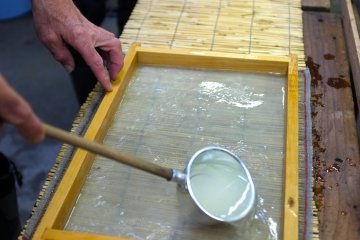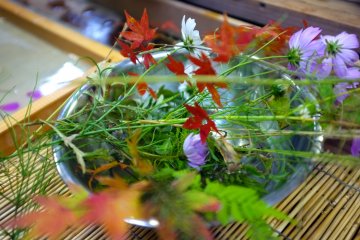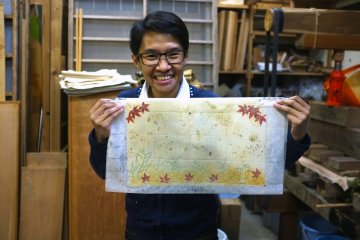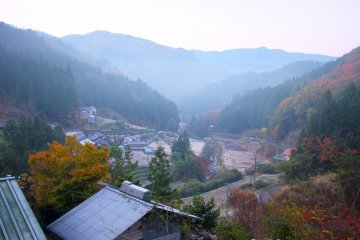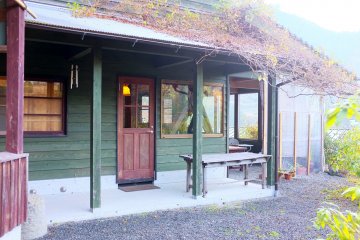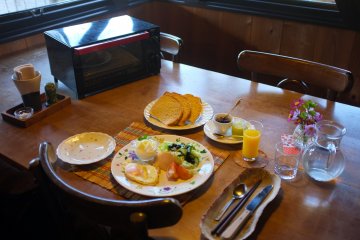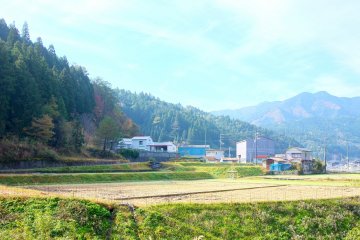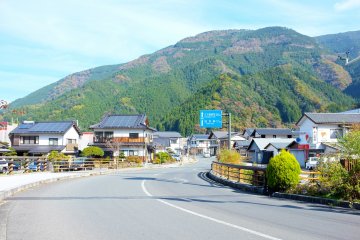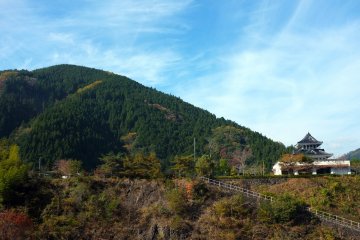There’s a time when you need to escape the city life and simply enjoy the beautiful scenery of the countryside. Not only because it can make you feel refreshed, but because it can also broaden your mind to a possibly new knowledge and experience. So, when I was offered a chance to participate in a kamisuki experience where I can learn and create traditional Japanese paper (washi) in Kochi Prefecture, I quickly accepted the invitation without hesitation.
Kochi Prefecture is located in the southern part of Shikoku Island. It is mostly known for being a mountainous area that offers unspoilt natural beauty. But it is also a place where you can learn kamisuki directly from a master of the art in a workshop open to tourist and professionals alike. I worked with one such master, Rogier Uitenboogaart.
Rogier was working as a bookbinder in the Netherlands when he first came across washi. He was so captivated by it that he decided to come to Japan and learn traditional Japanese papermaking. Rogier now runs the Washi Studio and Kamikoya guesthouse, with his wife Chikako and his son Yohei in Yusuhara Town, Kochi Prefecture. Kamikoya is a Japanese-style guesthouse that hosts the Washi Studio where Rogier works on the first floor, and the two-room suite for guests on the second floor. Washi Studio offers two types of kamisuki experience: in-depth workshop for artists and 2-hour class for tourists. The 2-hour session that I attended began at Rogier’s showroom where he introduced me to a numerous types of paper and samples of his works. They were brilliantly crafted; I couldn’t believe that they were all handmade!
We headed to the Washi Studio where Rogier explained the types of tree to make washi: Kozo (Japanese mulberry) and the Mitsumata (one of the most traditional washi fiber plants). Then we took a walk around Kamikoya to see the Kozo and Mitsumata trees that Rogier himself grows, followed by collecting raw materials for papermaking.
The next step of the workshop involved beating the bark for 10 minutes. Continued with stirring the bark in cold water and rinsing, before putting the material inside the bucket and mixing them with neri. Rogier then demonstrated the pouring-pulp technique to form a layer of paper. Soon after, the fun part began: pulp-painting! I tried to do a minimalist design, using only maple leaves and small branches. Rogier taught me to add a mixture of roots and clay as well as water splats to make the design stand out. It worked like a charm! Finally, we dried the paper similar to twisting a towel dry and set it out to air under the sun. The drying process is completed by the staff and once complete the finished washi is sent directly to your address.
As soon as I finished the workshop, I searched the area for something to eat. Kamikoya is well known for its incredibly delicious, organic meals, prepared by Chikako. Yohei even told me that they mainly organic food materials, coming from their own garden and the surrounding area. I had the chance to look around for a while and immerse in the beauty of nature that surrounds Kamikoya, before heading to the nicely decorated suite for a rest. The next morning, I woke up feeling extremely relaxed, refreshed and happy. It was a short weekend getaway, but very satisfying because it brought me closer to nature!
The best way to visit Kamikoya is by plane to Kochi Ryoma Airport and then a local bus to Yusuhara bus stop. You may have to ride until the last stop and change into another bus, but don’t worry, the remarkable scenery will keep you company.




